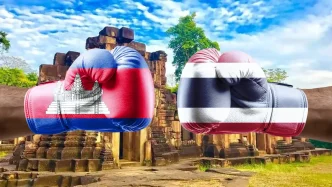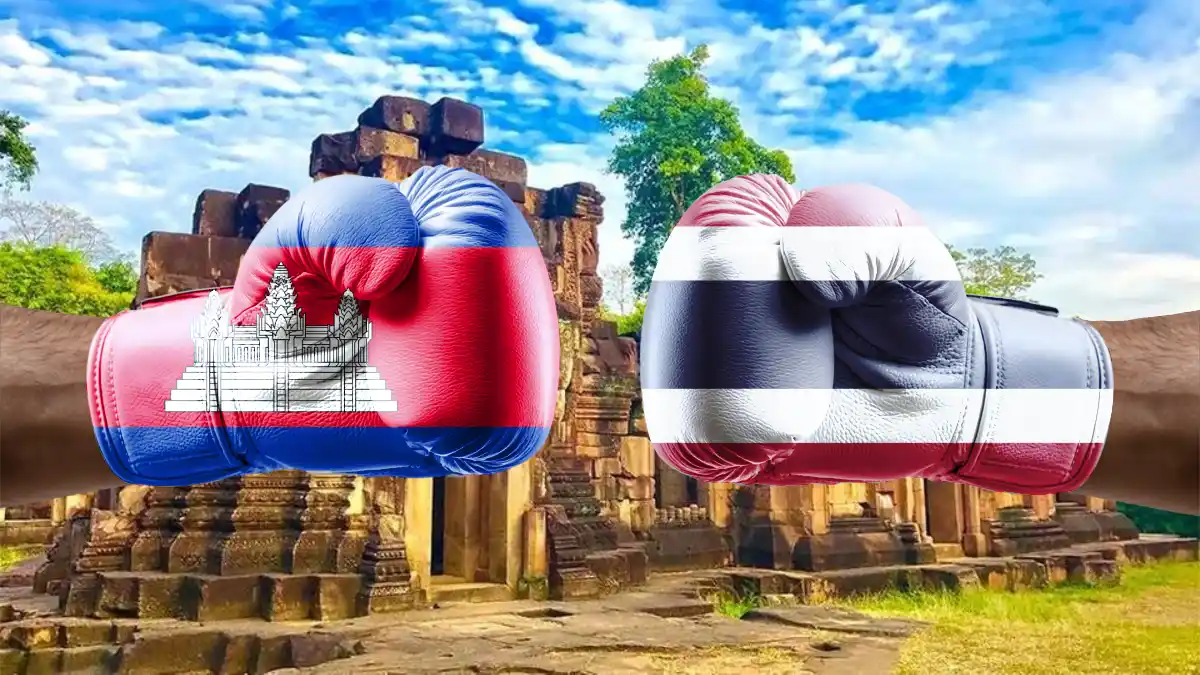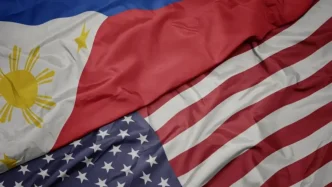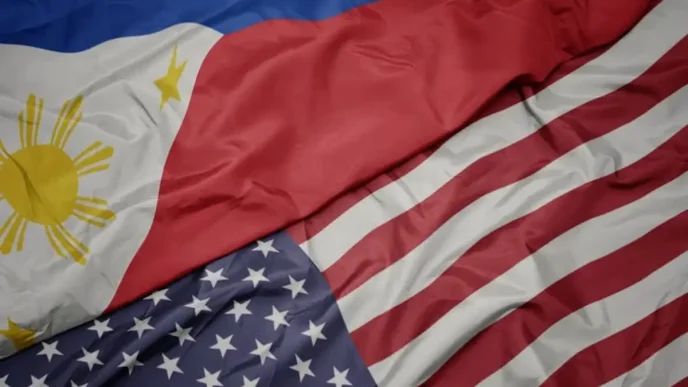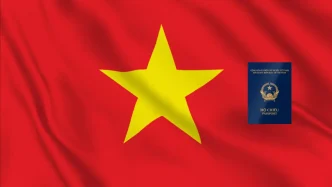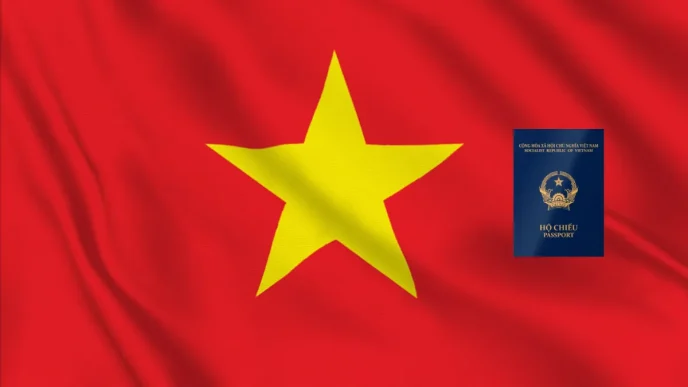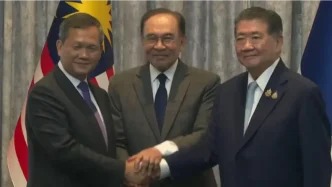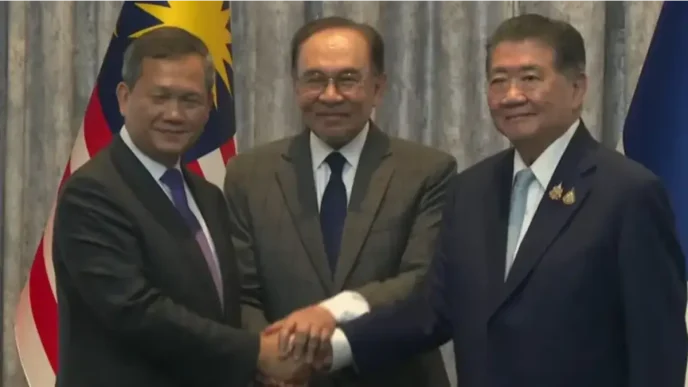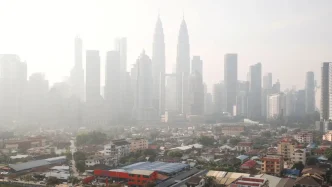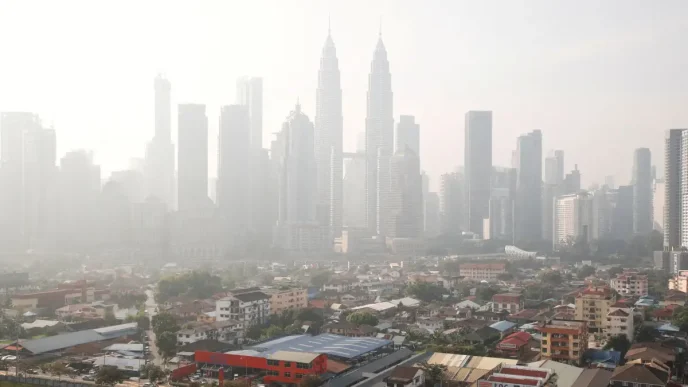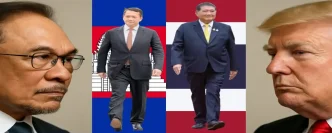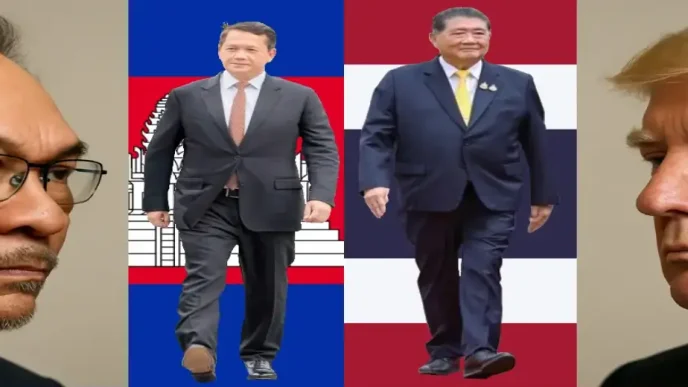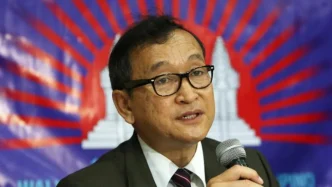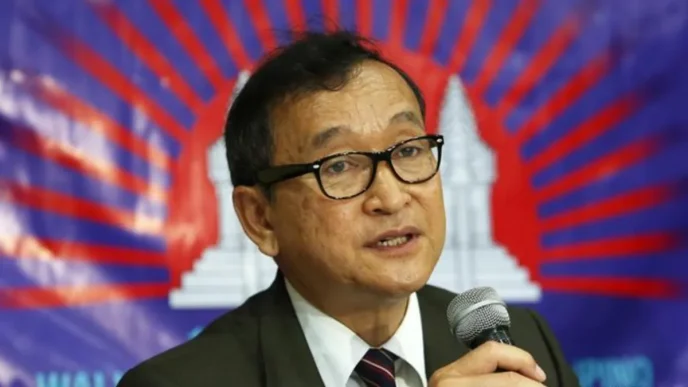Thailand and Cambodia leaders meet in Kuala Lumpur at 3pm on July 28, 2025, hosted by Malaysia’s Anwar Ibrahim, to address escalating border tensions. The meeting, to be held at the Malaysian Prime Minister’s Office in Putrajaya, aims to de-escalate a volatile situation marked by recent military posturing and clashes, particularly in Cambodia’s northern Oddar Meanchey province, which borders Thailand.
Urgent Diplomacy in Response to Border Clashes
The Thai delegation, led by Acting Prime Minister Phumtham Wechayachai, and the Cambodian delegation, headed by Prime Minister Hun Manet, gathered in Malaysia following weeks of heightened friction along their contested border. The Cambodian Prime Minister, Hun Manet, said China will also attend the meeting. “I will lead the Cambodian delegation to attend a special meeting in Kuala Lumpur hosted by Malaysia and co-organised by the United States and with participation of China” he said.
The urgency of the situation was underscored by recent images of Cambodian soldiers transporting a Russian-made BM-21 rocket launcher in Oddar Meanchey province on July 27, 2025, signaling a potential escalation in military readiness. This development, combined with reports of skirmishes and casualties, has drawn international concern, including a call from the United Nations for an immediate ceasefire.
Cambodian Prime Minister Hun Manet said on Sunday that his country agreed to pursue an “immediate and unconditional ceasefire.” He confirmed that US President Donald Trump told him that Thailand had agreed to halt attacks following the U.S. president’s conversation with Thailand’s acting Prime Minister Phumtham. However Col. Richa Suksowanont, a Royal Thai Army spokesperson, seemed to repudiate the Cambodian Prime Minister’s statement, claiming that Cambodian forces fired heavy artillery into Surin province, including at civilian homes, early Sunday. He said Cambodia also launched rocket attacks targeting the ancient Ta Muen Thom temple, claimed by both countries, and other areas in a bid to reclaim territory secured by Thai troops.
| Delegation | Representatives |
|---|---|
| Thailand |
Phumtham Wechayachai, Acting Prime Minister Maris Sangiampongsa, Minister of Foreign Affairs Gen Natthapon Nakpanich, Deputy Minister of Defence Prommin Lertsuridej, Secretary-General to the Prime Minister Jirayu Huangsap, Member of SOC-TCBSM |
| Cambodia |
Hun Manet, Prime Minister Unconfirmed, Minister of Foreign Affairs Unconfirmed, Minister of Defence Unconfirmed, Senior Advisors Unconfirmed, Military Representative |
Cambodia declined to provide the names and roles of the members-as at the time of release, the Cambodian delegation remain unconfirmed.
The talks in Kuala Lumpur were initiated at the invitation of Anwar Ibrahim, who has taken a proactive role in mediating regional disputes under Malaysia’s ASEAN leadership. According to Jirayu Huangsap, spokesperson for the Thai Prime Minister’s Office and a member of the Special Operations Centre for Thai-Cambodian Border Situations Management, the discussions are focused on restoring peace while maintaining Thailand’s firm stance on sovereignty and territorial integrity. The agenda and list of delegates for the meeting were released to the public on July 28, reflecting a commitment to transparency amid mounting domestic and international scrutiny.
Core Issues at the Heart of the Conflict
At the center of the Thai-Cambodian border dispute are long-standing disagreements over territorial boundaries, particularly around areas like the Preah Vihear Temple, a UNESCO World Heritage site claimed by both nations. Historical tensions over this region have flared periodically, often fueled by differing interpretations of colonial-era maps. Thailand insists on using a 1:50,000 scale map as the basis for negotiations, while some reports in Thai media have suggested Cambodia favors a 1:200,000 scale map, a claim that Jirayu Huangsap categorically denied during a press briefing.
“This is entirely untrue and absolutely impossible” Jirayu stated on July 28, 2025, emphasizing that no Thai government would compromise national interests. He further cautioned against the spread of such claims during a time of external threats, urging restraint in media reporting to avoid inflaming public sentiment.
Beyond territorial disputes, recent military activities have intensified the crisis. Thailand has reported returning the bodies of 12 Cambodian soldiers as a gesture of respect amid battlefield tensions, while the Cambodian culture ministry has condemned what it describes as continued Thai attacks on the Preah Vihear Temple. On the Thai side, the army has dismissed false claims of a royal order to attack the temple, labeling such rumors as dangerous misinformation.
Regional and International Implications
The Thai-Cambodian border conflict carries significant implications for the broader Southeast Asian region, where stability is often tested by historical grievances and competing national interests. ASEAN, as a regional bloc, has long sought to promote dialogue over confrontation, and Malaysia’s role as mediator in this instance reflects the organization’s commitment to preventing localized disputes from spiraling into wider instability. Anwar Ibrahim’s involvement signals a recognition that unresolved tensions could undermine ASEAN’s credibility as a unifying force at a time when the region faces other pressing challenges, including economic recovery and geopolitical rivalries.
Internationally, the United Nations’ expression of concern highlights the potential for the conflict to draw external attention, particularly if casualties mount or if military engagements escalate. The presence of heavy weaponry, such as the BM-21 rocket launcher observed in Oddar Meanchey, raises fears of a disproportionate response that could further complicate diplomatic efforts. For Thailand and Cambodia, both of whom rely on tourism and cross-border trade, prolonged unrest could also inflict economic damage, particularly in border provinces where communities are already vulnerable.
Domestic Pressures and Public Sentiment
In Thailand, the border situation has become a lightning rod for domestic political debate. Acting Prime Minister Phumtham Wechayachai faces pressure to demonstrate resolve in defending national territory, especially amid accusations from some quarters that the government might concede ground for the sake of a ceasefire. Jirayu’s public rejection of any compromise on the 1:50,000 map seeks to reassure a skeptical public, but the government must also navigate the risk of misinformation fueling nationalist fervor. His warning against irresponsible reporting reflects an awareness that public opinion could constrain diplomatic flexibility in Kuala Lumpur.
In Cambodia, Prime Minister Hun Manet, who assumed office in 2023 as the successor to his father Hun Sen, is similarly tasked with balancing national pride with the need for stability. The cultural significance of sites like Preah Vihear resonates deeply with the Cambodian public, and any perceived weakness in negotiations could invite domestic backlash. At the same time, Cambodia’s military posture, including the deployment of heavy weaponry near the border, suggests a readiness to defend its claims by force if necessary, adding a layer of complexity to the talks.
Pathways to De-escalation
The Kuala Lumpur meeting represents a critical opportunity to chart a path toward de-escalation, though expectations for a comprehensive resolution remain tempered. Analysts suggest that immediate priorities likely include establishing a temporary ceasefire, creating mechanisms for joint border monitoring, and agreeing on confidence-building measures to prevent further military incidents. Longer-term solutions, such as a mutually accepted delineation of the border, may require years of negotiation and international arbitration, potentially involving bodies like the International Court of Justice, which ruled on Preah Vihear in 1962 but left surrounding areas unresolved.
For now, the focus is on preventing a cycle of retaliation. Thailand’s gesture of returning fallen Cambodian soldiers indicates a willingness to maintain some level of goodwill, even amid hostilities. Similarly, Cambodia’s participation in the talks signals an openness to dialogue, despite its public criticism of Thai actions. Malaysia’s neutral ground offers a space for both sides to step back from the brink, with Anwar Ibrahim expected to leverage his position as ASEAN Chair to encourage compromise without assigning blame.
Challenges Ahead
Despite the diplomatic momentum, significant challenges loom over the talks. Trust between Thailand and Cambodia remains fragile, eroded by decades of intermittent conflict and mutual suspicion. Military deployments on both sides of the border, including the visible presence of advanced weaponry, heighten the risk of miscalculation—a stray shell or misinterpreted maneuver could undo any progress made in Kuala Lumpur. Moreover, domestic political pressures in both countries may limit the scope for concessions, as leaders weigh the costs of appearing weak against the benefits of peace.
Another hurdle is the role of misinformation and media narratives in shaping public perceptions. Jirayu’s pointed remarks about false claims in Thai media underscore how unverified reports can complicate diplomacy, creating expectations or fears that do not align with the reality on the ground. Both governments will need to manage domestic discourse carefully to sustain support for any agreements reached.
A Region Watches and Waits
As the leaders of Thailand and Cambodia engage in these high-stakes discussions, the eyes of Southeast Asia—and indeed the international community—are upon them. The outcome of the Kuala Lumpur meeting will not only shape the immediate future of Thai-Cambodian relations but also test ASEAN’s ability to mediate internal disputes effectively.
A successful de-escalation could reinforce the bloc’s relevance, while failure might embolden critics who argue that regional mechanisms lack the teeth to enforce peace.
For the communities along the border, from Oddar Meanchey to Thailand’s adjacent provinces, the stakes are even more personal. They bear the brunt of any violence, economic disruption, or displacement that results from unresolved tensions. As diplomats negotiate in air-conditioned rooms in Putrajaya, these border residents can only hope that the talks yield a lasting calm, allowing them to rebuild trust with their neighbors across the divide.
As the day unfolds, the question remains whether this meeting will mark a turning point or merely a pause in a conflict with roots stretching back generations. The answers lie in the hands of Phumtham Wechayachai, Hun Manet, and their mediator, Anwar Ibrahim, as they navigate one of the region’s most intractable disputes.

